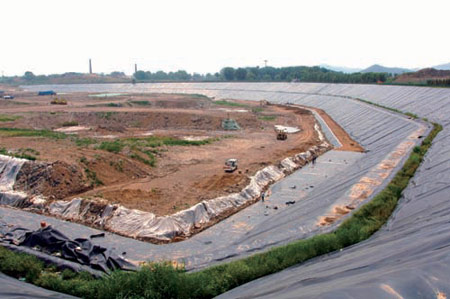How will Beijing move its growing trash mountain?
Waste disposal is a huge problem for all cities, including Beijing. As the Olympics approaches we take a look at the current state of the city's garbage disposal system, and ask what is the way forward.

Garbage guerillas
Rag and bone men (and women) riding cycle-cars are a common sight in Beijing's streets and lanes. Their daily mission is to collect and recycle the garbage of the entire capital.
In 1952 Beijing established a state owned waste recycling company. In 1965 it had more than 2,000 branches inside the Second Ring Road. But by 1998 it had only five branches left, much of its business having being taken over by private operators.
Wang Weiping is a senior engineer at the Beijing Urban Administration Commission and renowned expert on garbage. In the late 1990s, Wang published a groundbreaking report on the Beijing recycling industry.
He showed that at the end of 20th century, Beijing had nearly 82,000 migrant workers in the junk business, including 46,000 from Sichuan, 17,000 from Henan, 10,000 from Hebei, 1,700 from Jiangsu and the rest from Anhui and other provinces.
31,000 collected waste by riding their cycle-cars round the streets and had average annual income of 15,000 yuan; 20,000 went to hotels, restaurants and stores for wastes and their average income was 12,000 yuan per year; 21,000 collected from residential buildings and earned around 10,000 yuan; around 10,000 mainly worked in suburban areas and lived by trading in garbage.
Almost all the re-cycled garbage was taken to Hebei Province; the plastic to Wen'an County, metals to Baxian County, glass to Handan City, paper to Baoding City, rubber soles to Dingzhou City, and tyres to Yutian County. In Wen'an County plastic recycling accounted for an astonishing 93 percent of local revenue.
The number of guerrilla recyclers reached 130,000 in 2006 and today there are around 160,000 in Beijing.